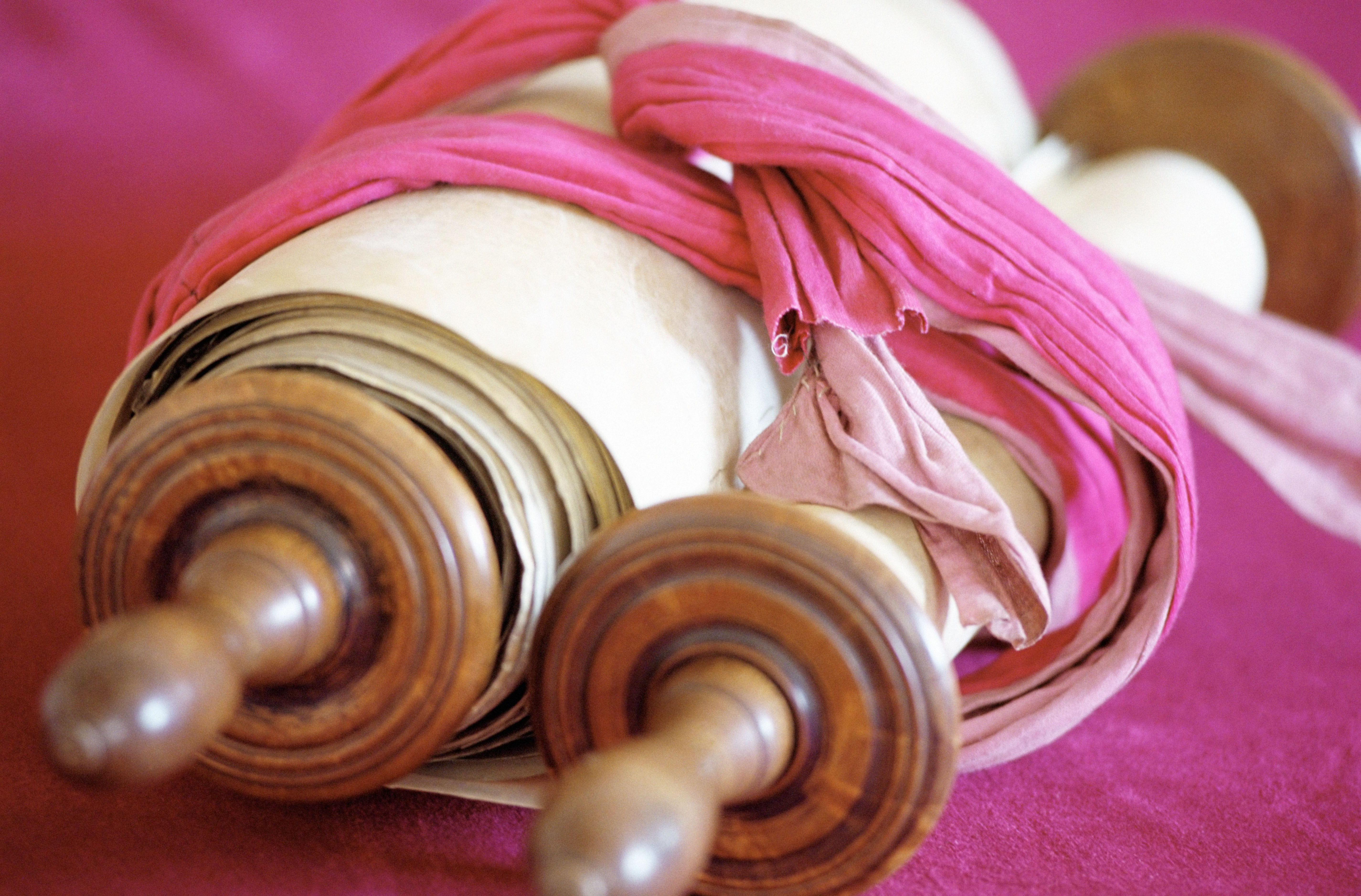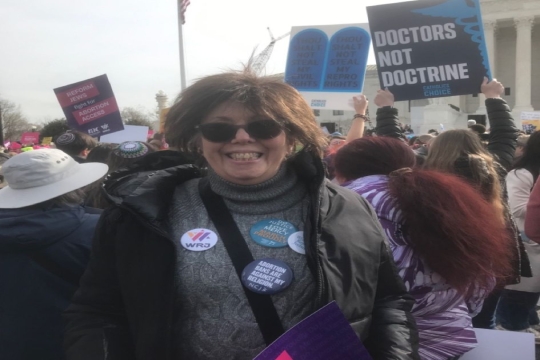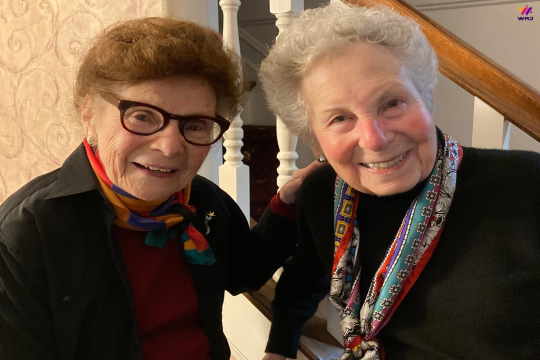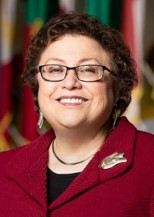
My favorite prayer from the liturgy has always been the one beginning, "Grant us peace, Your most precious gift, and give us the will to proclaim its message to all the peoples of the earth." I remember it from my childhood, especially the evening services for Rosh Hashanah and Yom Kippur – although, of course, then it was the more formal Union Prayer Book II version beginning, "Grant us peace, Thy most precious gift, O Thou eternal source of peace, and enable Israel to be a messenger of peace unto the peoples of the earth." 1
I think there are two aspects of this prayer that make it so meaningful to me. First is the phrase "Your most precious gift" – God grants us so much, but peace is the most treasured and invaluable gift of all. And second, we have an obligation to carry the message of peace to the entire world – not only do we seek peace for ourselves, but we must also share the quest for that blessing with everyone.
Additional prayers for peace, שלומ - shalom, appear throughout our liturgy, including Shalom Rav, Sim Shalom, Hashkiveinu, and Oseh Shalom. And this week in Parashat Naso, we read the closing words of the "priestly blessing," which also invoke peace: "Adonai bestow [divine] favor upon you and grant you peace." God has directed Moses to tell Aaron and his sons to use this language in blessing the people of Israel, tying peace to receiving God's favor.
But what, exactly, is peace? When we pray for it repeatedly, what is it that we are really seeking? For our societies, it might mean no wars, no nation invading another, or trying to force others to their will. It might mean jointly and actively seeking solutions to global problems like climate change, corruption, pollution, and poverty. For us, as individuals, it might mean true equality and never experiencing hate — no antisemitism, racism, homophobia, misogyny, ableism, transphobia, etc. Every person would feel physically safe and economically secure. No one would be hungry or homeless. It seems that when we pray for peace, our prayers are context-specific; while the word "peace" may be the same, our intent varies depending on things like our state of mind, recent experiences, the needs of family and friends, and world affairs.
This situational interpretation is supported by a 2020 commentary from Dr. Walter Herzberg, assistant professor emeritus of the Jewish Theological Seminary (JTS), and Aron Wander, a JTS Rabbinical student.2 They look at the verse in Parashat B'chukotai, I will give peace (shalom) in the Land… (Lev 26:6,) and explore interpretation from Rashi and more than 200 related commentaries. Their analysis finds seven categories of explanation for the phrase I will give peace: "local peace; world peace; peace and harmony among neighbors/countrymen; emotional peace of mind; intellectual peace of mind; economic peace— a lack of jealousy and strife during times of prosperity; and health — physical peace resulting from healthy air, water, and climate." They conclude that "peace may mean different things to us — at different times."
Rabbi Jonathan Sacks, z" l, takes a somewhat different but related view of the meaning of peace in the third priestly blessing.3 He says, "to make peace in the world, we must be at peace with ourselves. To be at peace with ourselves, we must know that we are unconditionally valued." When God turns God's face to you and gives you peace as in the third blessing, God is recognizing you, "making eye contact," acknowledging there was intent when you were made and promising to be with you as you take on the task(s) that only you can do on behalf of the world. This beautiful insight inspires personal confidence and offers strength through the knowledge that we are never alone.
As we each seek, and hopefully find, the individual emotional, economic, physical, and intellectual peace of the priestly blessing, may we also act as messengers and advocates for similar peace for others as that blessing also requires. From small singular acts of kindness to working with others in effecting community and societal actions, we can bring measures of peace into the lives of others.
This week, perhaps when we offer our prayers for peace, it will be with more awareness of the rich and profound multi-layered meanings of שלומ. May Adonai grant us peace, the most precious gift of all.
1 Grant Us Peace: An American Reform Jewish Classic Prayer, Rabbi Dr. Lance Sussman, 2020 – a terrific history of this prayer and how it has evolved over time
2The Nature of Peace, Dr. Walter Hertzberg and Aron Wander, Jewish Theological Seminary
3The Priestly Blessings, Rabbi Jonathan Sacks, 5768, The Rabbi Sacks Legacy Trust – a commentary on the entire text of the Priestly Blessings, Num 6:22-27
Related Posts

Andrea Stillman: A WRJ Leadership Spotlight


